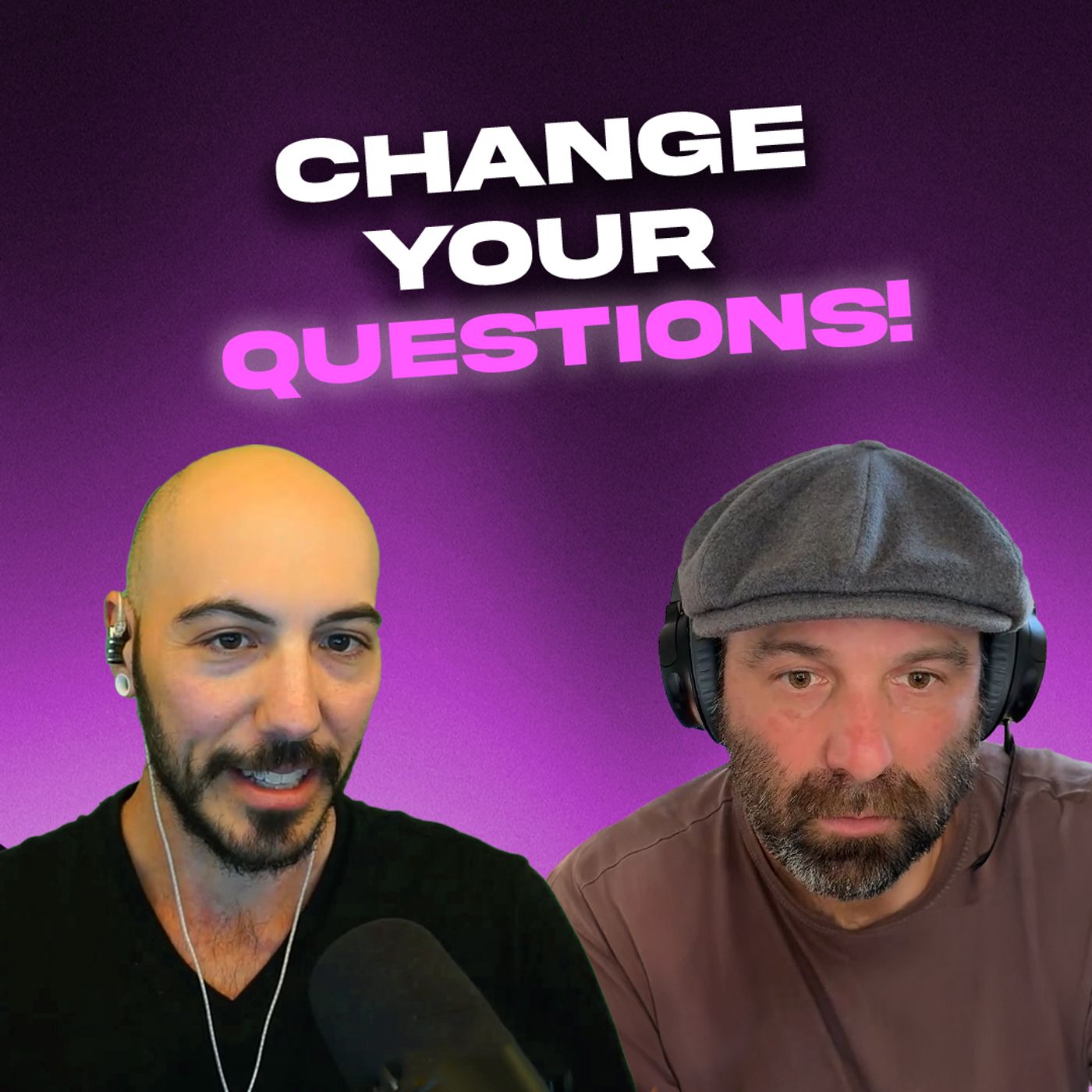Diversity + Inclusion in Higher Education, part 1


Welcome listeners to the first installment of our Diversity and Inclusion crossover series, bringing together This Anthro Life with Brandeis University. For those of you who are new to the show, This Anthro Life (TAL) was launched as a scholar-practitioner program designed to bring anthropological and social science research and thinking to interdisciplinary and public audiences. The original idea behind the podcast was to use our skill sets and toolkits as anthropologists to translate and socialize data, cultural patterns, and research into accessible open format dialogues and conversations that provided solutions for social impact and actionable insight.
With the Diversity and Inclusion Series, we are opening a semester long podcast series about diversity and inclusion in higher education and beyond. Here, our inspiration comes from anthropologist Ruth Benedict’s claim that anthropology’s job is to make the world a safe place for human differences. One small step in doing so is to have conversations on tough topics, and that is precisely what we aim to start with this series.
Conversations matter. This conversation is about opening questions on, what does it mean to engage diversity in an academically grounded way, in the context of critique? What do students need in order to do this well? For Dr. Janine de Novais, of the Harvard Graduate School of Education, some answers come from her dissertation research which demonstrates the power of conversations in classroom settings. She focused broadly on the dynamics and possibilities of learning about race in the classroom by comparing two different courses on the subjects of slavery and black political thought. What she concluded was that students “became more intellectually brave, and displayed greater interpersonal empathy” when classrooms settings were safe to express intellectual issues even on difficult and emotional subjects.
--- Send in a voice message: https://anchor.fm/thisanthrolife/message Support this podcast: https://anchor.fm/thisanthrolife/support

















































